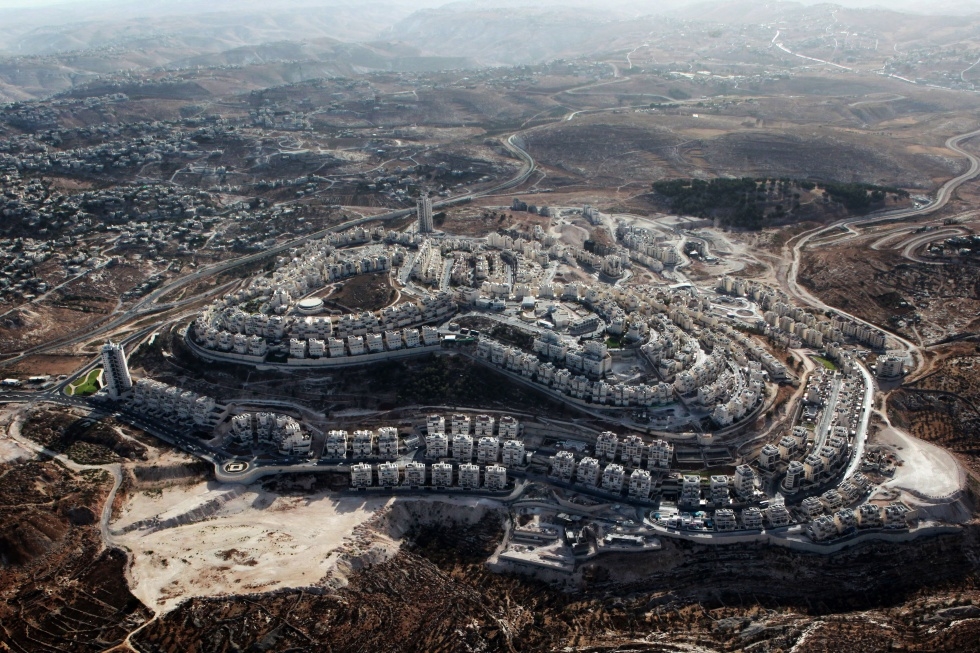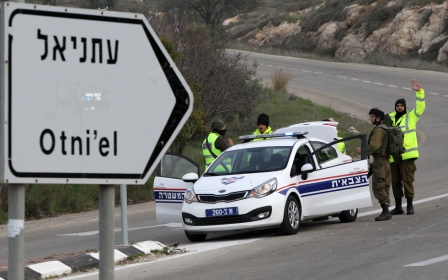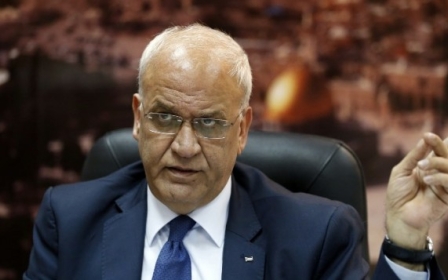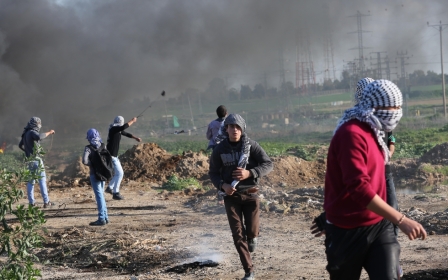EU adopts resolution criticising 'illegal' Israeli settlement activity

EU foreign ministers on Monday agreed a statement on the stalled Middle East peace process and Israeli settlements after resolving differences over wording which some felt was too critical of Israel.
"We unanimously approved (the statement) - it is a good and common basis for our common position and our engagement in the region," EU external affairs head Federica Mogherini said after a meeting of bloc foreign ministers in Brussels.
Both Israel and Palestine gave a reserved welcome to the decision by EU foreign ministers.
Their statement expressed the EU's deep concern at continuing violence, holding both sides to account for their actions.
"The EU firmly condemns the terror attacks and violence from all sides and in any circumstances, including the death of children," it said.
"The EU is convinced that only the reestablishment of a political horizon and the resumption of dialogue can stop the violence."
The 28-nation bloc restated its commitment to a two-state solution and said it would closely monitor developments on the ground which undermine that outcome.
The statement had been expected to be passed without discussion but differences emerged over the weekend, notably on the consequences of an EU decision to label products from Israeli settlements in the occupied territories as "Made in Israel".
French state secretary for European Affairs Harlem Desir, standing in for his foreign minister Laurent Fabius, said some countries, including Greece, wanted to see changes to the text, thinking it too critical of Israel.
'Watered down'
One EU diplomatic source told AFP: "The text has been watered down slightly but the language remains very close to what it was (previously)."
"Greece had some problems and they got most of what they wanted; they felt there was too much emphasis on violence by (Jewish) settlers," the source said.
When the labelling decision was announced late last year, Israel reacted very sharply, saying it was hostile and smacked of a boycott.
As a result, Prime Minister Benjamin Netanyahu suspended diplomatic contacts with the EU on the Middle East peace process which has been stalled since April 2014.
The Israeli foreign ministry said the EU ministers had "toned down" their statement after diplomatic efforts by Netanyahu and the ministry.
But it charged the bloc was still applying "double standards" by disregarding the Palestinians' responsibility in the deadlock in the peace process and their incitement to violence.
On the Palestinian side, chief negotiator Saeb Erekat said it was "a step forward towards accountability," although the EU should "take immediate steps, such as banning settlement products".
At the weekend, Haaretz newspaper said the Israeli government was trying to prevent EU foreign ministers from approving a text which would highlight the distinction between Israel proper and settlements in the occupied territories, exposing them to possible sanctions.
In Monday's statement, foreign ministers reiterated that the settlements were "illegal under international law, constitute an obstacle to peace and threaten to make a two state solution impossible".
"The EU and its member States are committed to ensure continued, full and effective implementation of existing EU legislation and bilateral arrangements applicable to settlements products," it said.
Ministers also agreed that the EU would ensure that all agreements with Israel should "unequivocally and explicitly" state that they did not apply to the occupied territories.
New MEE newsletter: Jerusalem Dispatch
Sign up to get the latest insights and analysis on Israel-Palestine, alongside Turkey Unpacked and other MEE newsletters
Middle East Eye delivers independent and unrivalled coverage and analysis of the Middle East, North Africa and beyond. To learn more about republishing this content and the associated fees, please fill out this form. More about MEE can be found here.




